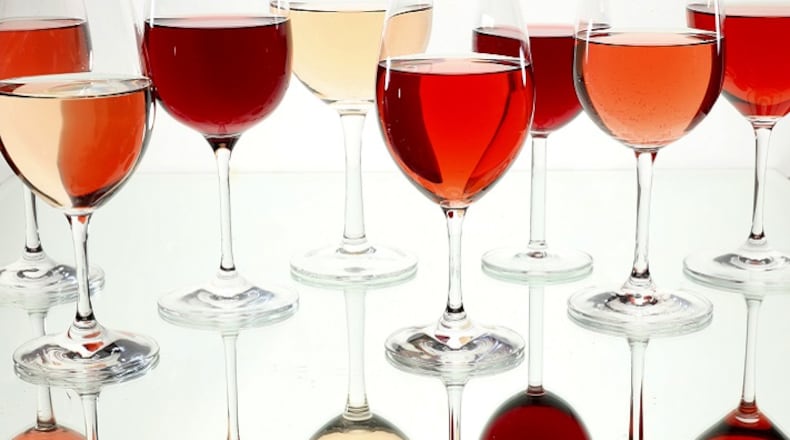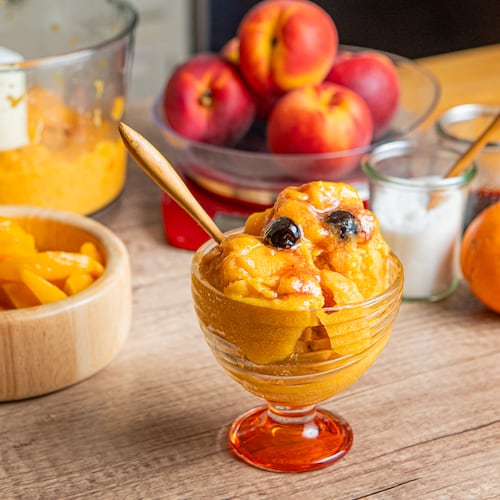There is a scene in “Somm,” the 2013 documentary film about a group of master sommelier candidates preparing for their final exam, in which the father of candidate Ian Cauble says, “I think Ian gravitated towards wine because, first of all, it’s an intoxicant, and it’s fun.”
The elder Cauble says all of this with a laugh because he realizes, in the throes of this grueling and nerve-wracking process, how serious his son is about the profession and how dedicated he has been to preparing for this test. There’s a lot to learn and memorize, and the film makes it painfully clear that doing so is no offhand task. So it’s refreshing to hear Cauble make that claim about his son’s possible motivations, or at least one small part of them.
Wine can be complex, sophisticated and shrouded in mystique. But it can also ramp up a party without a single thought of its complexity or mystery. That makes it extra alluring and a little dangerous at the same time.
This is not to diminish the plight of anyone who has had to stop drinking altogether for health reasons. Addiction and failing health due to alcohol consumption are different topics entirely, and none of the above (or below) is meant to trivialize those.
Back in college, before I or any of my friends drank wine regularly, our buddy Slatts came home from a study abroad program, and all he could talk about was what a different and spectacular buzz wine had given him over there. What’s that old piece of wisdom — don’t let school get in the way of your education? Slatts had been enlightened in a way, and he was now a believer, even a proselytizer. He assured us that the wine buzz was decidedly different from the buzzes we had so often summoned by quaffing other forms of booze.
Wine didn’t work for us at the time because it wasn’t really conducive to drinking fast with little or no reflection. We cared about taste, but not very much; we did what we could to mask any unwanted aromas or flavors all in the name of making our magic potions as palatable as possible. At times we took our medicine (often an ounce at a time) and shuddered: a moment of pain in exchange for eventual bliss.
Saints be praised — we grew out of that way of thinking.
Decades later, most of my friends from that era still appreciate a good buzz. But I haven’t seen any of them wolf down a glass of anything in years, except maybe a glass of water on a hot day. Most of them are happy to drink wine too. Slatts was ahead of the curve on that one. What a sweet and beautiful buzz wine gives us. But you don’t see a lot about the topic in wine stories — not because it’s forbidden, or even hush-hush, but because, well, what can you say about it?
Who wants to read descriptions of wine buzzes? It can be useful to read about the aromas and flavors of wines, but the way they make you feel is tough to capture in words — and certainly very personal. It’s probably as hard to describe a wine buzz as it is to describe music, and remember the saying “Writing about music is like dancing about architecture.”
There’s also this idea that wine is somehow above the concept of how it affects our consciousness. That it’s all about aroma and flavor and texture. That it’s all about how it accompanies food and makes it taste better. That it’s all about culture and history — the people, places and past of wine. I’ve met a lot of people who love wine’s aromas, flavors, textures and stories, but many of them also like a good buzz.
Wine pros know and love the buzz as much as anyone else. It’s part of their job. The idea of being a “professional” doesn’t necessarily mean that they can outdrink you and still be lucid at the end of the night. It means that, for the most part, they know how to pace themselves. They also know that this is not a one-time occurrence, that they’ll be able to enjoy a glass or two the very next day while others are nursing horrible hangovers because they overdid it the night before.
Of course, there are people in the wine industry who have stopped drinking but remained vital members of their profession. To me, that’s proof that wine is so much bigger than the buzz.
But let’s always remember that the buzz is a part of it. It may have been what got some of us interested in wine in the first place — long before we came to appreciate the aesthetic beauty and subtle loveliness of this rarified creation, long before it brought people into our lives and lifted us at some of our most poignant milestone events.
In many places in Europe, wine culture is a daily part of life. Letting it get out of hand doesn’t even occur to people, because when you know there’s always more, you have less inclination to want it all at once.
Is it the heady aromas and layered, living flavors that alchemize with food and charm our senses? Do we subconsciously associate those glorious taste experiences with sensations of intoxication? I think it’s important to keep these ideas in mind every time we are so privileged to be able to enjoy wine. The buzz demands our respect and should not be left to run wild. It has power — just as much as the pleasure-filled sensory information and the mesmerizing human narratives. Acknowledge the power. Accept it, recognize it, revel in it. But don’t let it get away from you.
About the Author
The Latest
Featured


